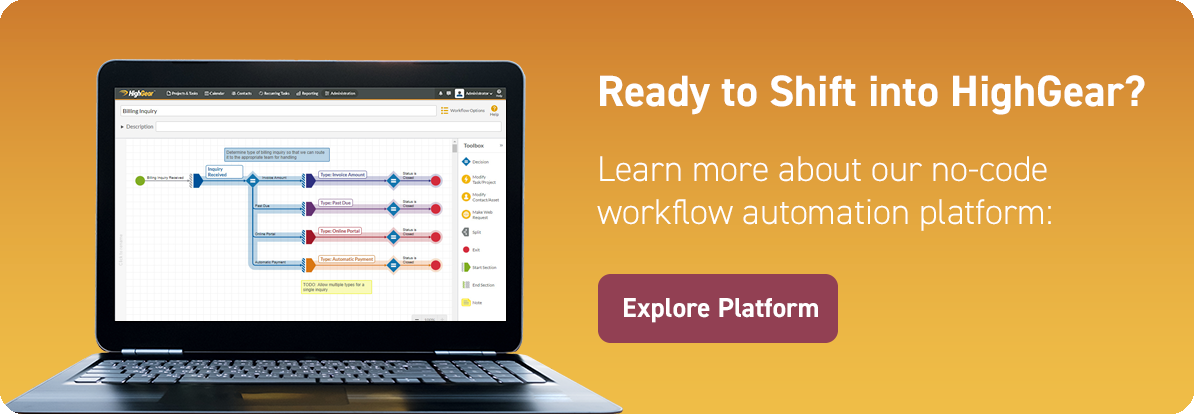
More than half of all American workers worked remotely at the height of the COVID-19 pandemic, and many still are. This sudden shift caused difficulties ranging from over-stretched IT systems to communication challenges to employees struggling to work while homeschooling children.
If organizations want to maintain and/or create additional competitive advantage, It is vital to address these challenges. The immediate need is to help teams be effective during the temporary changes caused by COVID-19, but these issues must also be solved as more teams move toward remote work in the long term. During the first half of 2020, workers with the option to work from home were 33% less likely to lose their jobs than those who could not work remotely. And companies that supported remote work maintained better productivity and business continuity than those whose teams could not work from home.
In a recent report by Adam Ozimek, Chief Economist at Upwork, more than half of the managers surveyed said that they expect their workforce will be more remote in the future. The Indicator podcast from NPR recently interviewed Adam about his findings.
Remote work has been growing slowly over the past decade. But most managers do not have experience with it, and many processes and management tools aren’t designed for remote teams. The sudden shift to remote work during the pandemic forced managers and teams to rapidly adopt very different ways of working.
Many managers reported that the remote work “experiment” has gone better than they expected, but their teams still struggle in several areas. The Upwork survey found that 30% of teams suffered from difficulties in communication, 30% felt reduced team cohesion, and 23% of teams were less organized. These issues make sense, because remote work takes away many of the informal human-to-human processes and communication channels that teams rely on when they work in the same office together.
How can HighGear help? Workflow automation is a superb tool for organizing work and streamlining communications, especially when it is difficult to use traditional techniques like physical whiteboards, face-to-face meetings, and informal conversations. A no-code platform like HighGear allows each team to quickly replicate their old casual processes into a cloud-based system that can be accessed from anywhere at any time. With those processes in place, status is easily visible, communications are much easier, and lost tasks are a thing of the past.
HighGear ensures that workers are accountable for and aware of their upcoming work so they can plan effectively. Awareness and accountability are always essential for high-performing teams, but they become even more essential in this period of rapid change, high stress, and never-ending communication obstacles.
Proven Performance

